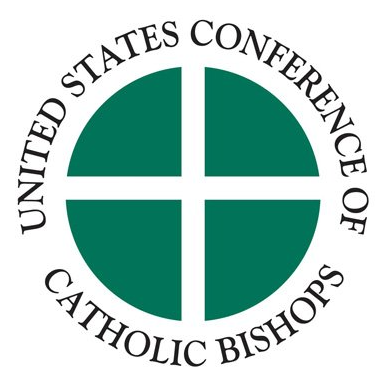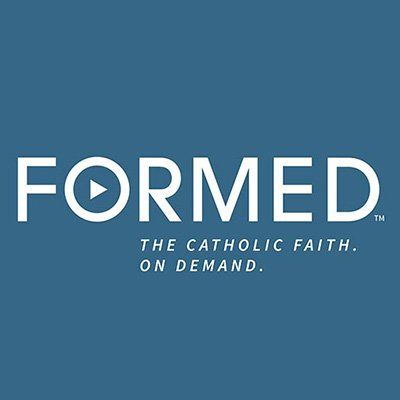Eucharist
The other sacraments, and indeed all ecclesiastical ministries and works of the apostolate, are bound up with the Eucharist and are oriented toward it. (CCC 1324)
What is the Eucharist?
The liturgical life of the Church revolves around the sacraments, with the Eucharist at the center (National Directory for Catechesis, #35). At Mass, we are fed by the Word and nourished by the Body and Blood of Christ. We believe that the Risen Jesus is truly and substantially present in the Eucharist. The Eucharist is not a sign or symbol of Jesus; rather we receive Jesus himself in and through the Eucharistic species. The priest, through the power of his ordination and the action of the Holy Spirit, transforms the bread and wine into the Body and Blood of Jesus. This is called transubstantiation.
Anyone who desires to receive Christ in Eucharistic communion must be in the state of grace. Anyone aware of having sinned mortally must not receive communion without having received absolution in the sacrament of penance. (CCC 1415)
The Church warmly recommends that the faithful receive Holy Communion when they participate in the celebration of the Eucharist; she obliges them to do so at least once a year. (CCC 1417)
First Communion is celebrated for those ages 8 and older who have already received a valid Baptism. Adults needing First Communion are encouraged to Register as well.
Our First Communion Program requires two years of preparation for students, and can begin in First Grade. First Communion is generally celebrated in early May.
Registrations take place every year during the months of July and August
Adults and Children 8 years of age and older who have not yet been Baptized will need to register for RCIA classes. RCIA prepares a person to receive the three sacraments of Baptism, Confirmation, and First Eucharist at the Easter Vigil Mass. This is in keeping with Diocesan Recommendations.
New Paragraph





